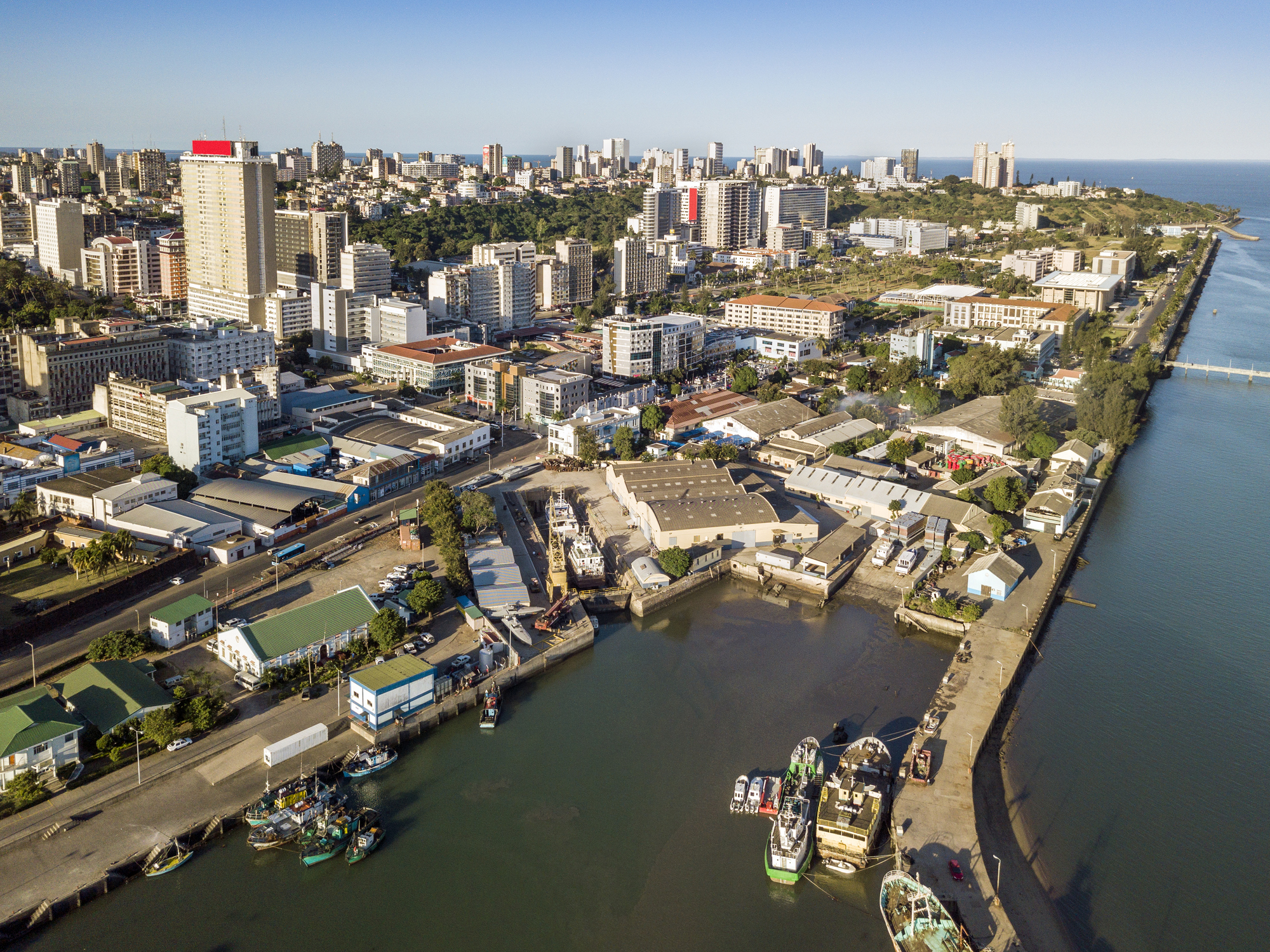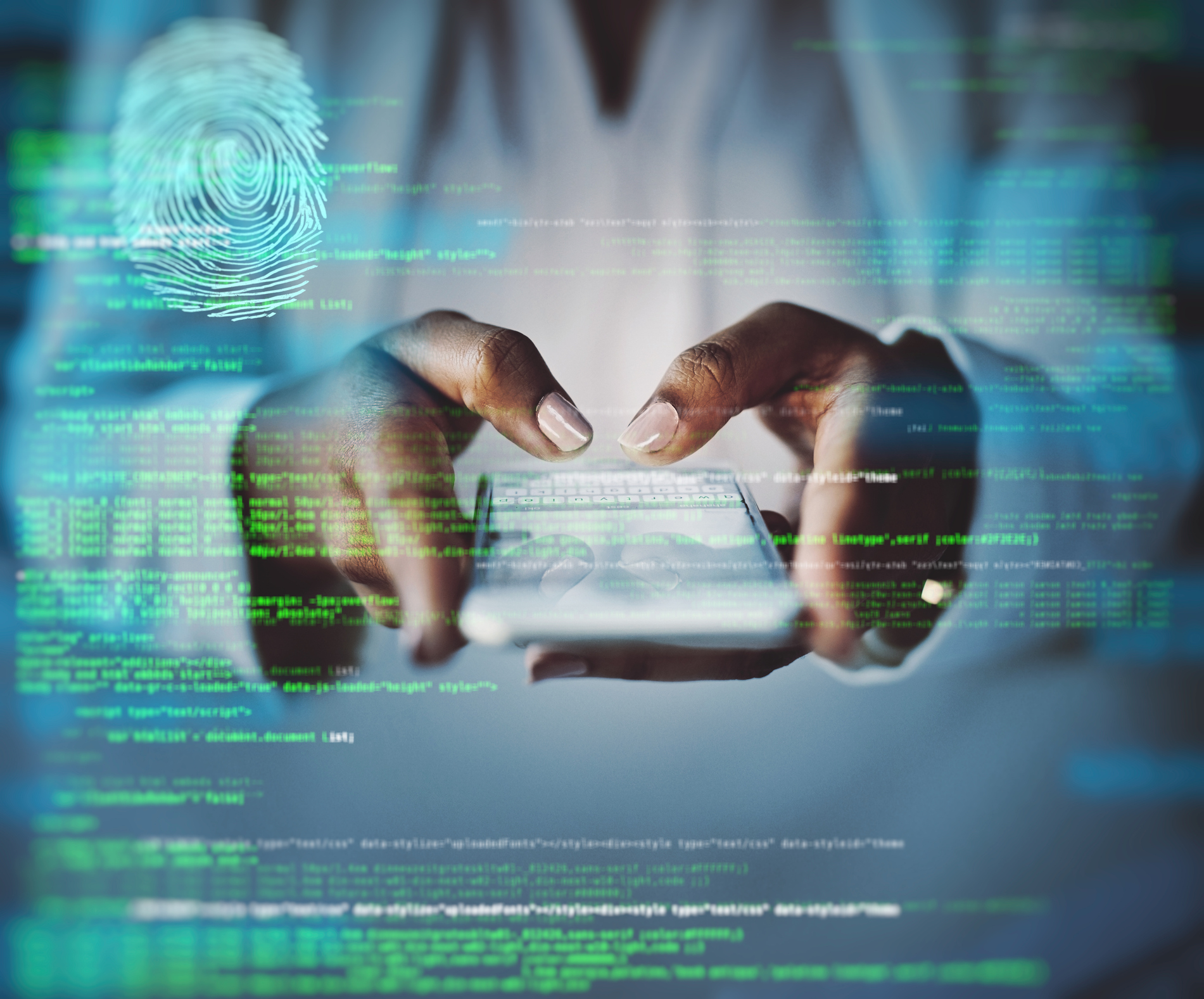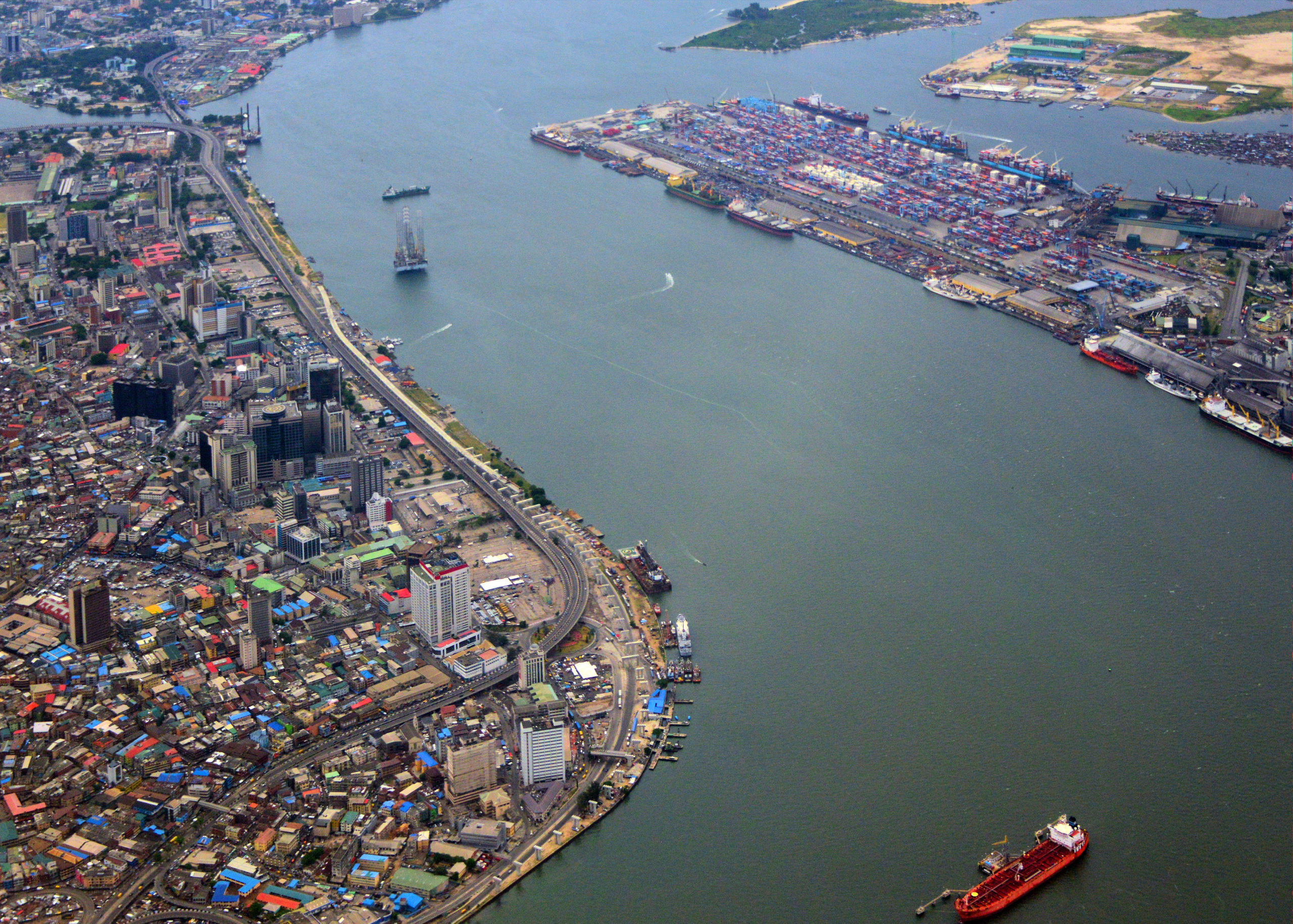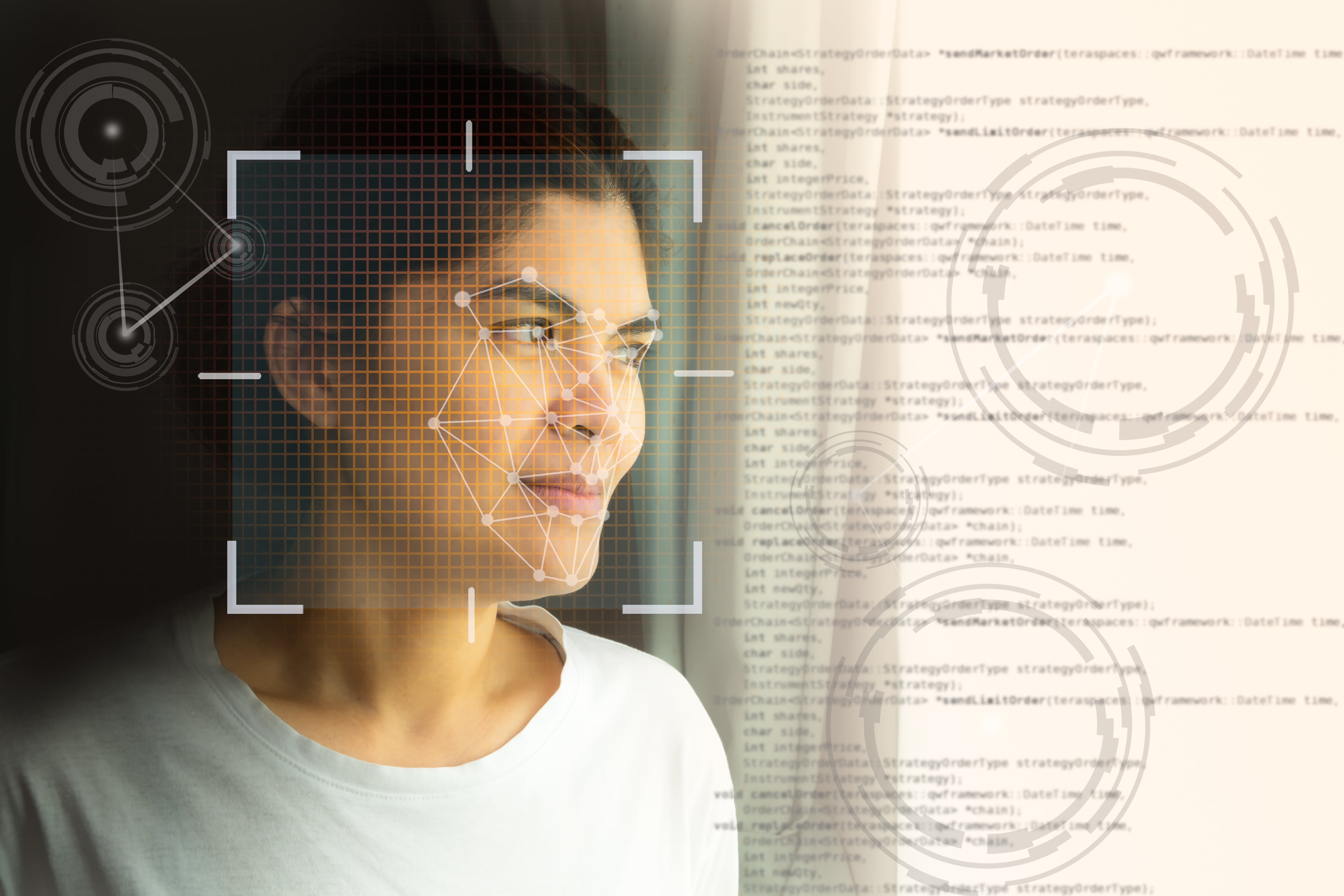
Inclusive Integrity Toolkit
Alliance for Financial Inclusion (AFI) in conjunction with Cenfri and supported by FSD Africa are pleased to officially launch the Inclusive Financial Integrity Toolkit. Countries in the sub-Saharan Africa (SSA) region have been on a development curve in setting up effective Anti-Money Laundering (AML) and Combating the Financing of Terrorism









